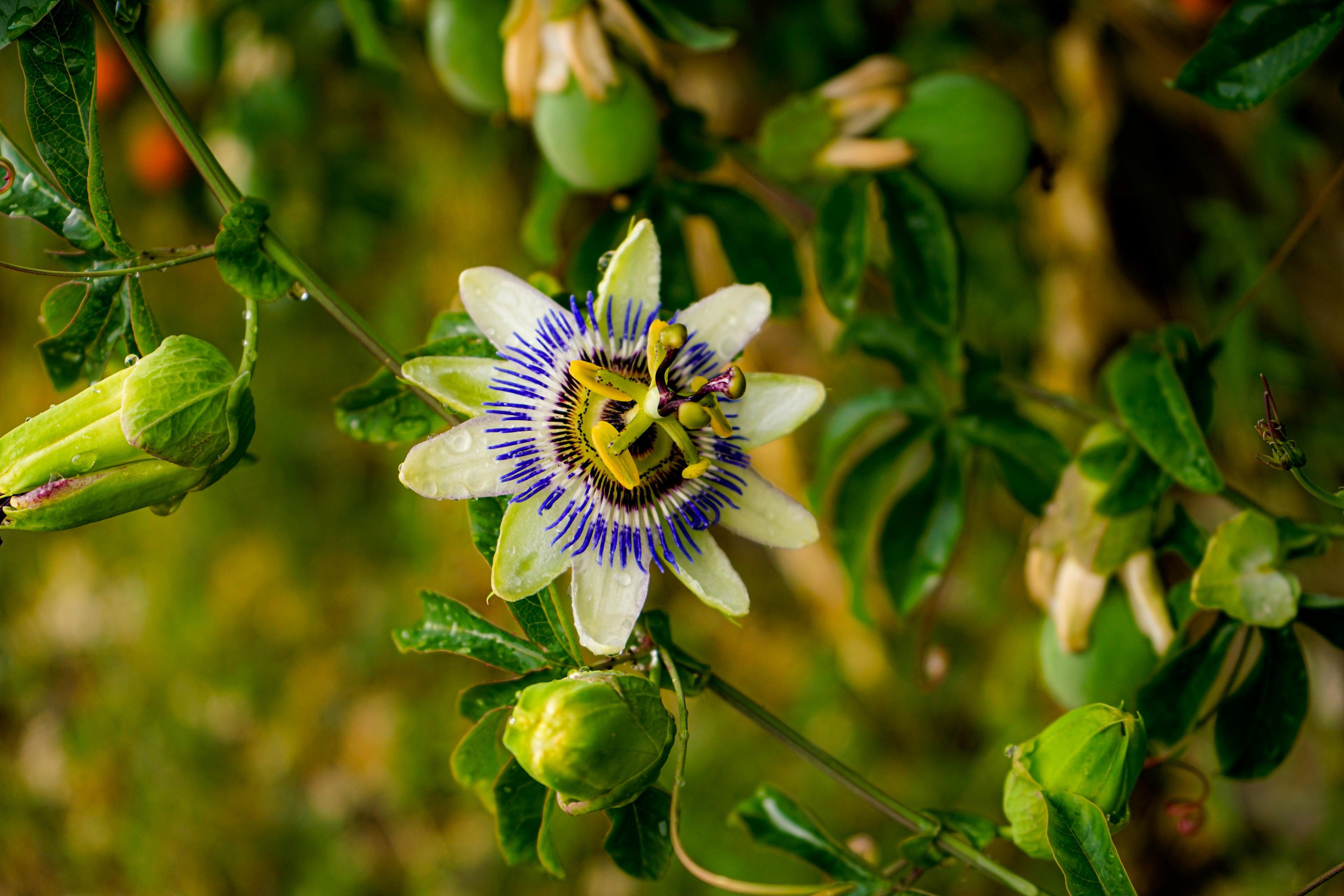What Carminatives Are & How They Can Support You
In a world of many herbal actions, carminatives are a very loved one. Perhaps because many have found themselves in a situation where carminatives could have come in handy (or did) and though I'm not generally fond of symptom-based treatments some of these carminative herbs come to the rescue when there is a need for just that. So, what are these symptoms I speak of? Gas, bloating, digestive discomfort, indigestion, intestinal spasm, and nausea. However, these herbs are very warming and specific for a cold stomach when there is a lack of digestive fire which manifests as many of the symptoms I mentioned. In Traditional Chinese Medicine, these herbs are classified as chi-moving herbs that help remove any energetic blocks. These herbs can be combined with cooling bitters to balance this. This carminative action is thanks to the volatile oils found in these plants which are the strong aromatics you smell. This lends to many of these herbs making a tasty tea which is the best way to reap their benefits. Carminatives also influence many other systems of the body such as the respiratory, circulatory, and reproductive.
Carminative Herbs
Fennel, Foeniculum vulgare
The seed of fennel is a delicious remedy to ease flatulence, gastric pain, vomiting, nausea, bloating, and colic via breastfeeding. As a galactagogue, it stimulates the flow of milk in breastfeeding mothers. Fennel is also a great remedy for coughs and I love adding it to cough syrups! Drinking the tea or chewing on the seeds are two great ways to take it.

Ginger, Zingiber officinale
This spicy diaphoretic root gets things moving! Ginger increases peripheral circulation and stimulates gastric secretions aiding in flatulence and dyspepsia. It is also a classic remedy for nausea and motion sickness. Externally you can soak in a bath of ginger or apply a compress for sore muscles. Make a decoction of the root or dissolve the powder in hot water for a spicy, warming, and delicious tea!
Peppermint, Mentha piperita
Peppermint leaf is specific for inflammation and spasm in the digestive system being helpful in digestive disorders like IBS. It also can be used for flatulence, bloating, and nausea. Its energetics can be confusing as it tends to begin as warming and then have a cooling effect. Peppermint can be used topically for itchy skin and bug bites, internally for colds when paired with other herbs like yarrow and elderflower, and inhaled as a steam inhalation for sinus congestion. A soothing cup of peppermint tea is the best way to get these benefits!
Angelica, Angelica archangelica
Angelica root and seed increase circulation and stimulate gastric secretions helping break down fats and stimulate a sluggish liver. Angelica can also be used for colic and flatulence. As an expectorant, antimicrobial, and antispasmodic, angelica is also a great remedy for the respiratory system when there are complications like mucus congestion and respiratory infections. Crush the seed up and infuse it as a tea or take the fresh root tincture.

Other carminatives: caraway, citrus peel, anise, chamomile, and elecampane
You can enjoy some of these herbs and more in our Digestive Tea Blend! It is paired with bitters and mucilaginous herbs to give you a balanced tea for any constitution whether hot or cold.













Leave a comment